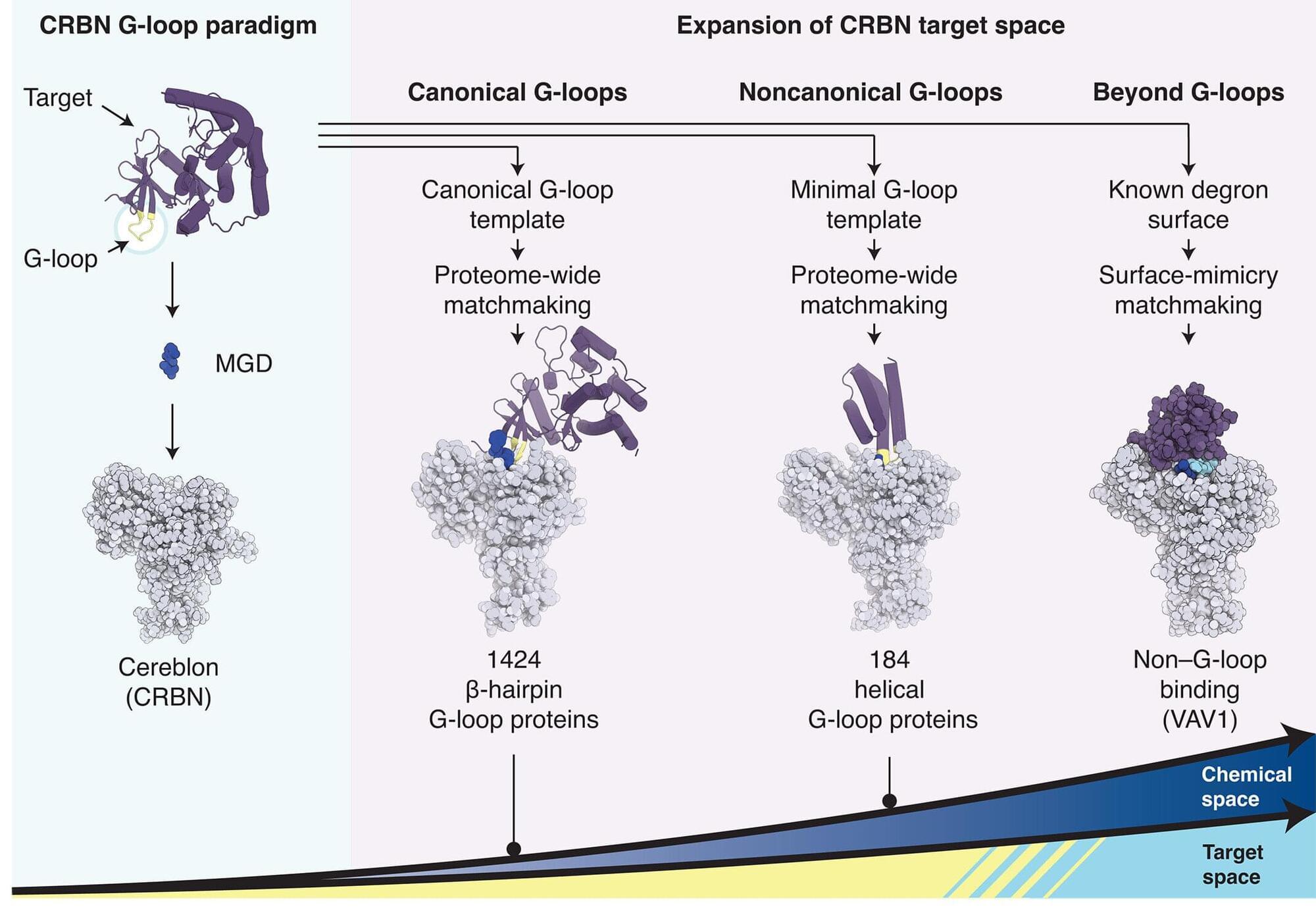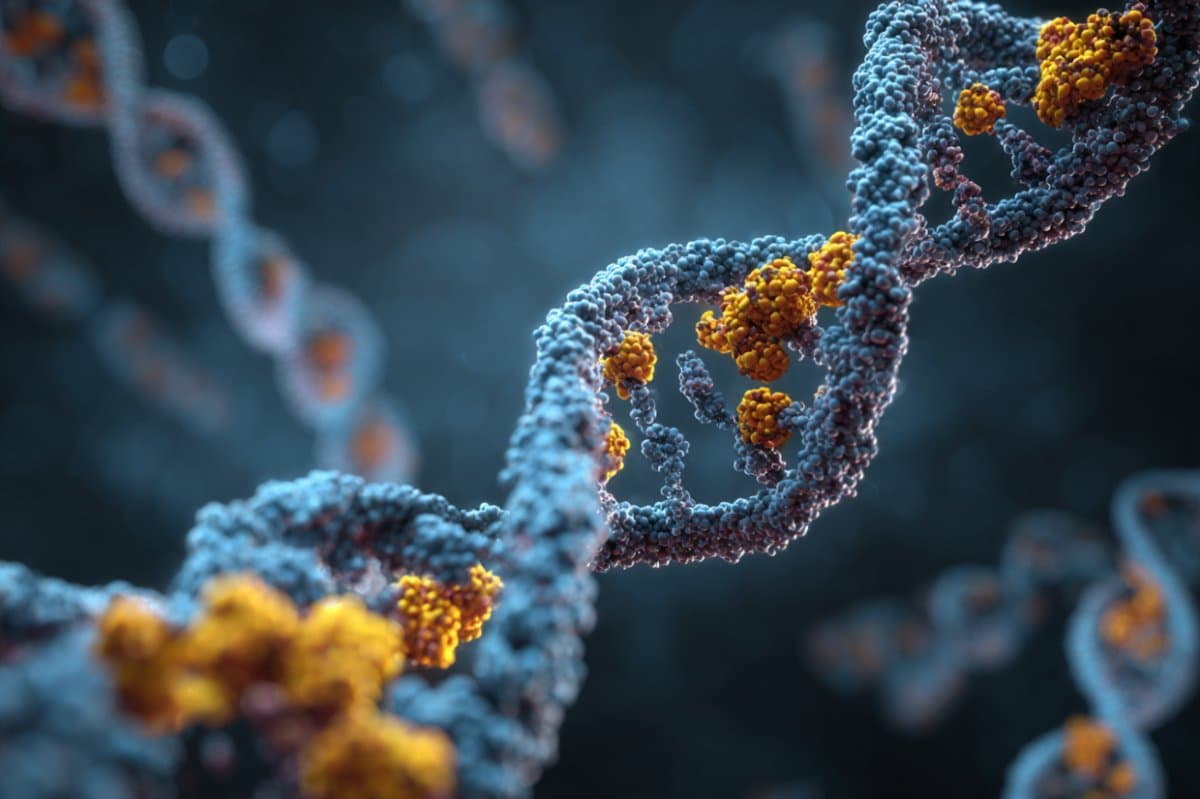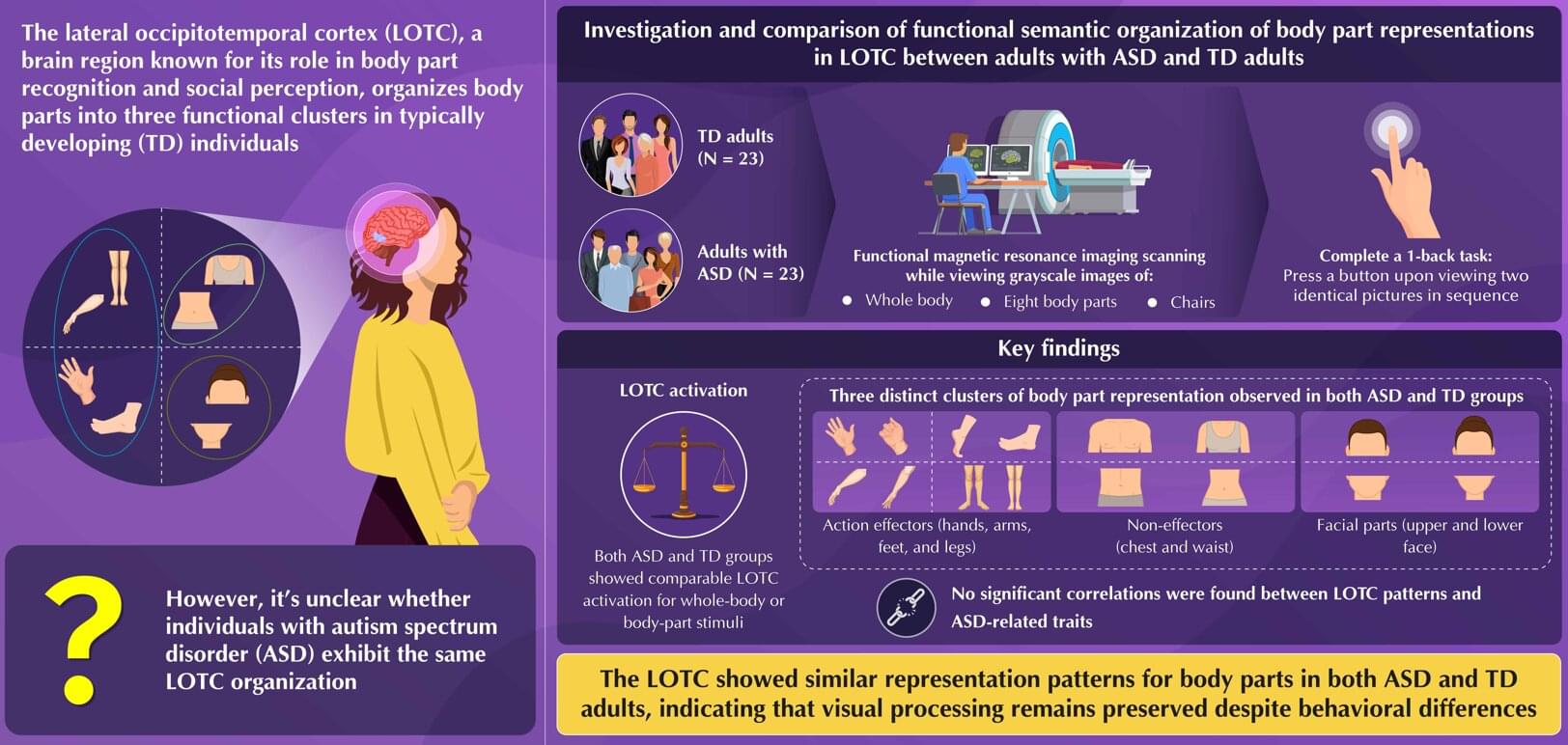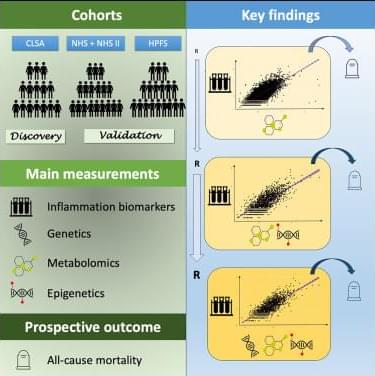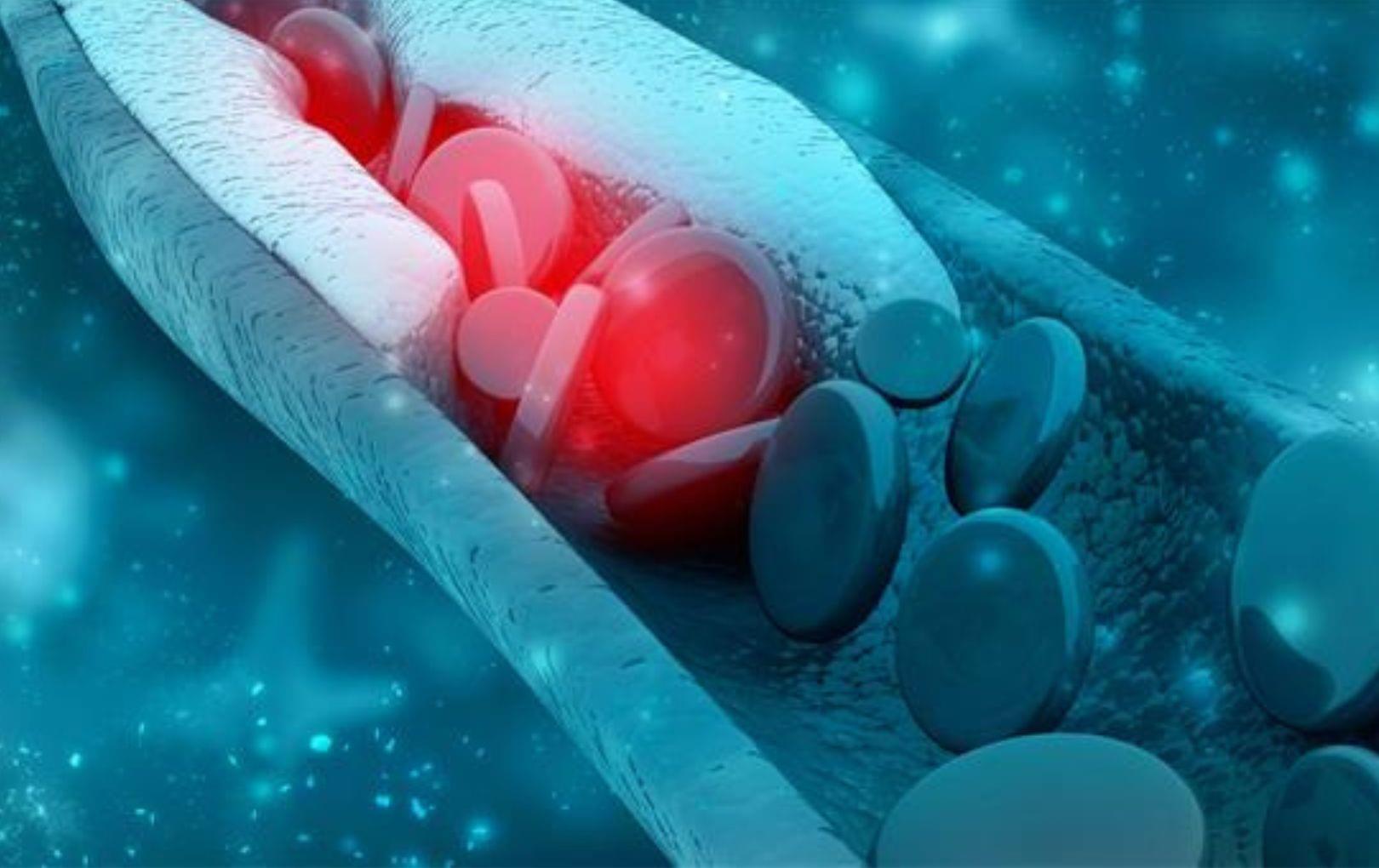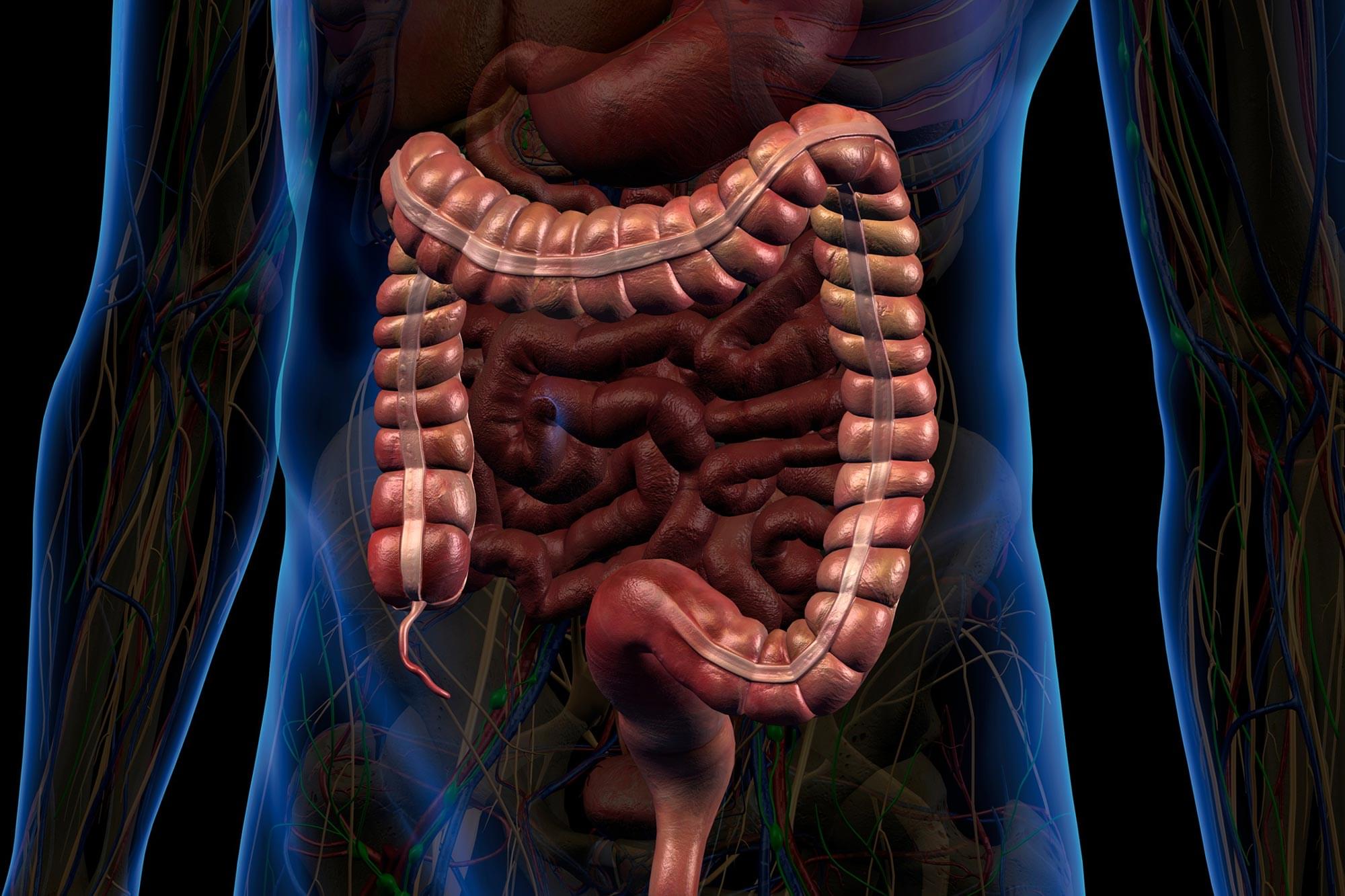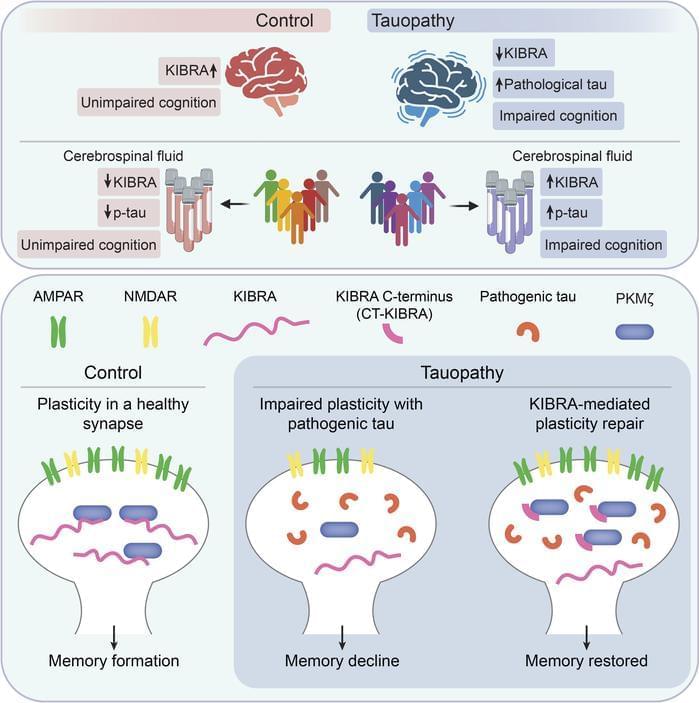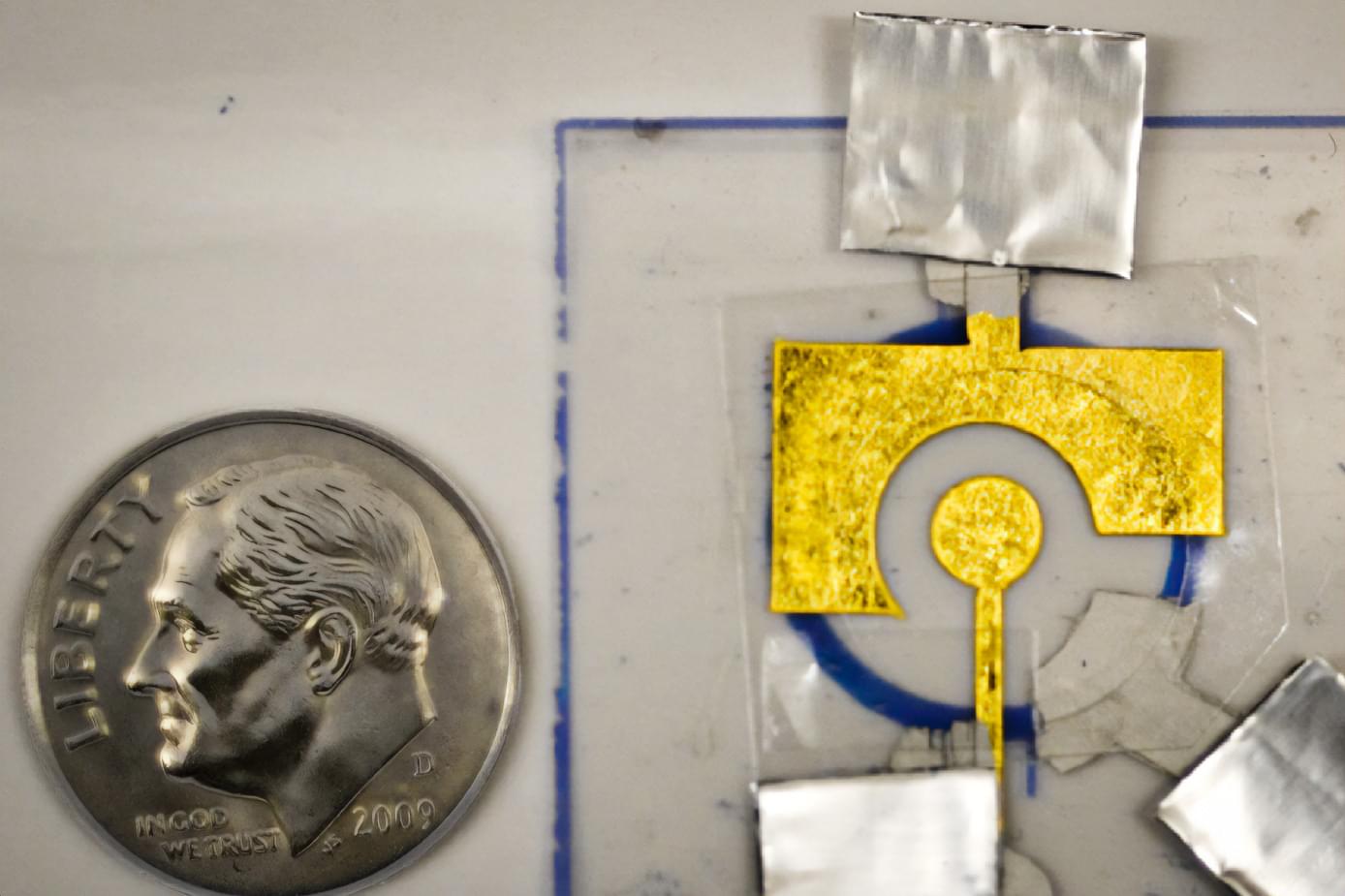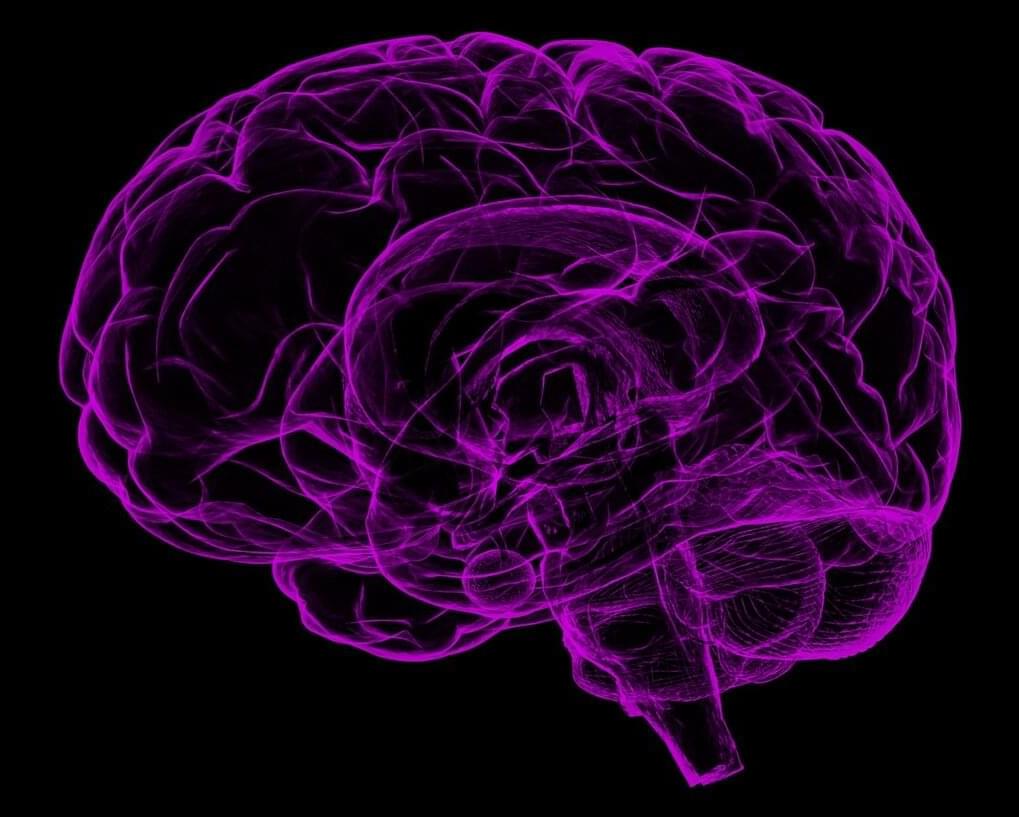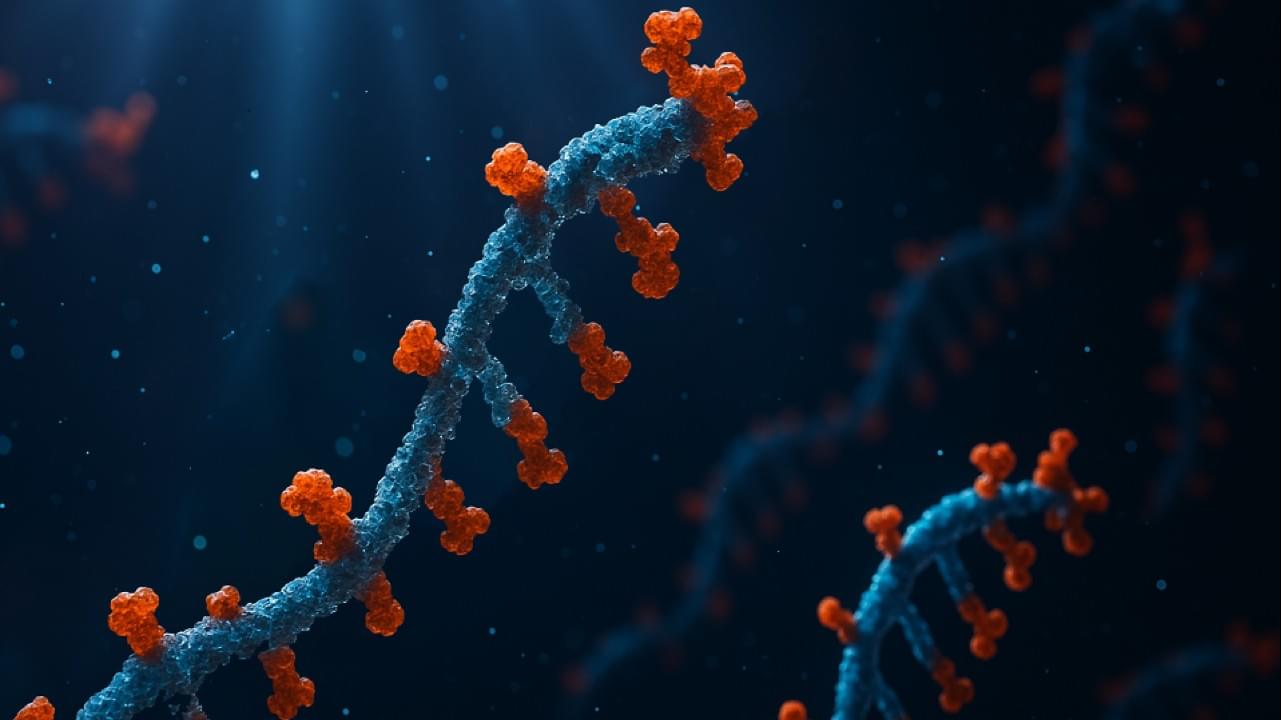Molecular glues, tiny molecules that connect one protein to another, are promising targets for pharmaceutical research. By linking a disease-related protein to one that triggers a cell’s demolition and recycling pathways, pharmaceutical researchers have been able to develop novel therapies for otherwise drug-resistant diseases.
It was thought, however, that this approach to drug development was limited to only those proteins that had a specific surface feature called a beta-hairpin loop motif.
Expanding on this once-narrow discovery space, new research published in the journal Science has uncovered a vastly wider array of protein surface features capable of binding with a molecular glue degrader (a pharmaceutical version of a molecular glue molecule). These results may open new pathways for treating diseases by targeting proteins previously thought to be ‘untouchable’ to drug therapies.
